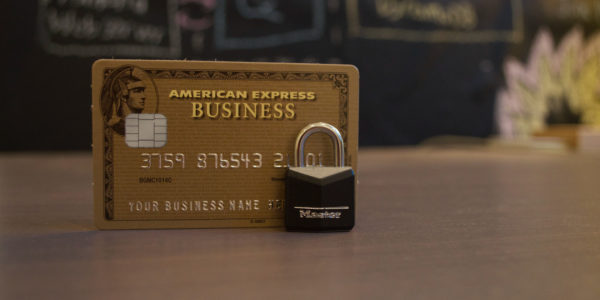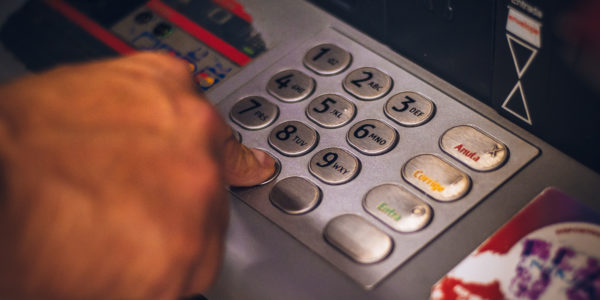I don’t know about you, but I often daydream about living in Europe. Imagine waking up every day in a Mediterranean villa, to the sounds of the crashing waves; walking to the market to buy some fresh ingredients; cooking and eating out under the stars. In many idyllic European towns, time seems to move more slowly, if at all. It’s a calming, restorative fantasy.
But, of course, there are lots of things that are completely different on the other side of the Atlantic — and not all of them would necessarily tickle us pink.
These Americans who lived in Europe recently went online to share the little things that make the old world totally different from the new.
Advertisement







